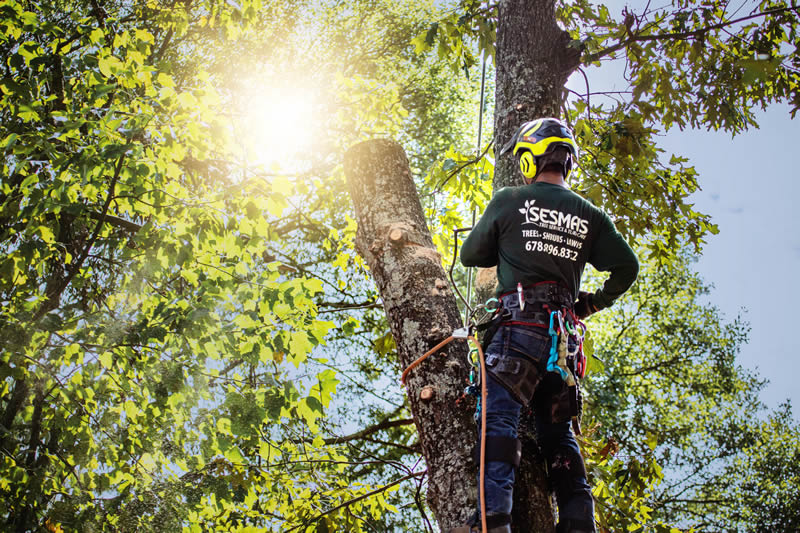
Introduction:
Effective home lumber disposal is a crucial aspect of responsible waste management and sustainable living practices. In this article, we will explore the importance of proper disposal of lumber waste from homes, the environmental impact of responsible practices, and practical strategies for eco-friendly lumber disposal.
Home Lumber Disposal Link:
For comprehensive insights into responsible home lumber disposal practices and resources, visit Home Lumber Disposal. This resource provides valuable information on sustainable waste management to keep your home environmentally conscious.
Understanding the Environmental Impact:
The disposal of lumber waste has a significant environmental impact. Whether it’s scraps from construction projects or old furniture, improper disposal can contribute to deforestation and environmental degradation. Understanding this impact motivates homeowners to adopt responsible lumber disposal practices for a more sustainable future.
Separating Lumber Waste:
One effective strategy for responsible home lumber disposal is the separation of lumber waste from general household waste. Establishing a separate collection system for lumber ensures that it can be directed towards recycling or proper disposal methods, reducing the overall environmental footprint.
Recycling Lumber Materials:
Recycling lumber materials is a key component of eco-friendly disposal practices. Many lumber items, such as wooden furniture, pallets, or construction scraps, can be recycled. Recycling not only conserves resources but also reduces the demand for new timber, contributing to the preservation of forests and biodiversity.
Repurposing Lumber for DIY Projects:
Homeowners can take a creative approach to lumber disposal by repurposing materials for do-it-yourself (DIY) projects. Old wooden furniture or lumber scraps can find new life as garden beds, shelves, or other functional items. This not only reduces waste but also adds a personal touch to home projects.
Donating Usable Lumber:
Usable lumber items that are still in good condition can be donated to local community projects, schools, or charitable organizations. This approach not only extends the lifespan of the materials but also benefits those in need. Many community initiatives welcome donated lumber for various construction or renovation projects.
Composting Untreated Wood:
If the lumber is untreated and free of chemicals, it can be composted. Composting wooden materials, such as sawdust or small scraps, contributes to nutrient-rich compost that can be used to enhance soil quality in gardens or landscaping. This eco-friendly method reduces landfill waste and promotes sustainable gardening practices.
Proper Disposal of Treated or Painted Wood:
Treated or painted wood requires special consideration in disposal. These materials may contain chemicals or substances that can be harmful if released into the environment. Proper disposal methods, such as taking them to designated waste facilities, prevent environmental contamination.
Avoiding Open Burning of Lumber:
Open burning of lumber waste is not only environmentally harmful but also poses health risks. The combustion of treated wood releases toxic chemicals into the air. Homeowners should refrain from open burning and instead opt for responsible disposal methods to protect both the environment and human health.
Consulting Local Waste Disposal Guidelines:
Different regions may have specific guidelines for the disposal of lumber waste. Consulting local waste disposal guidelines ensures compliance with regulations and helps homeowners make informed decisions about the most appropriate and environmentally friendly disposal methods.
Conclusion:
Efficient home lumber disposal is an integral part of sustainable living. By understanding the environmental impact of lumber waste and adopting responsible practices such as recycling, repurposing, and proper disposal, homeowners contribute to a healthier planet. Responsible lumber disposal not only minimizes environmental harm but also sets a positive example for sustainable living within communities.

